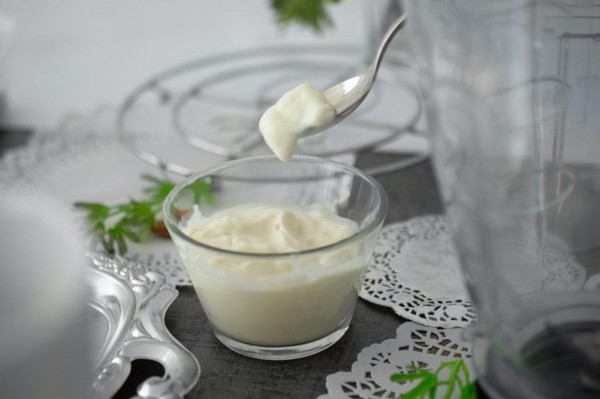How Probiotics Can Contribute to Depression and Anxiety

Probiotics have microorganisms contributing to the microbiome of a person. One can usually find probiotics in yogurt or fermented foods.
A new review of the present study on the impacts of prebiotics and probiotics on symptoms of anxiety and depression has found that probiotics, whether it is alone or combined with prebiotics, may help in lessening symptoms of depression of an individual.
Nevertheless, the said review found that both probiotics and prebiotics did not have a substantial statistic impact on anxiety.
More so, prebiotics, on their own, did not considerably reduce symptoms of either depression or anxiety.
While observing that the present studies on the said topics stay restricted, the review's authors make the occurrence for further studies to examine further these possibly valuable results.
ALSO READ: Starting Your Lazy Keto Diet? Here are 3 Things You Need to Know
Depression
The National Institute of Mental Health said, "Depression is a mood disorder," lasting for roughly two weeks. It can have a set of symptoms.
Such symptoms may include feelings of anger, sadness, worthlessness, helplessness, and irritability. Some individuals may not show interest in activities, but instead, display a sense of tiredness, difficulty focusing, and experiencing a sleep disorder.
There are even times when some people are feeling depressed feeling they want to commit suicide. According to studies, about seven percent of all United States adults have at one major episode of depression in the previous year.
Relatively, treating depression typically involves taking sessions, medications, or combined. Furthermore, various factors, be it genetic, environmental, biological, or psychological, can result in depression. Frequently, a combination or mixture of these is possible, to be at play.
DON'T MISS THIS: Stronger Immune System After 50: A Celebrity Doctor's Health Advice in This Time of Pandemic
Gut-Brain Axis as a Contributor to Depression
Based on recent studies, one factor that may be a contributor to depression, as well as other mental health conditions, is the gut-brain axis," which describes the link between the gut microbiome of a person and its CNS or central nervous system.
The gut microbiome is the microorganisms' ecosystem living in a human's gut, while the CNS includes the spinal cord and brain. Incidentally, signals can transmit between the gut microbiome of person and their CNS, which, the study said, "Keeps both properly functioning."
Consequently, experts speculated that the gut's microbiome's health condition might impact CNS disorders, which include mental health conditions. Essentially, the two key factors in maintaining a healthy gut microbiome are prebiotics and probiotics.
What the Probiotics and Prebiotics Do
The National Center for Complementary and Integrative Health explained, probiotics have microorganisms contributing to the microbiome of a person. Prebiotics, on the other hand, help in the maintaining of these microorganisms' health.
In relation to this, people can usually find probiotics in yogurt or fermented foods. In addition, probiotics exist in different plants, in small amounts, and they need to be synthesized to achieve a clinically measurable impact.
In this context, the review authors said they wanted to find out if the proof from present studies on the probable advantages of taking both prebiotics and probiotics for lessening the symptoms of both anxiety and depression.
Lastly, the authors recommended that future research should concentrate on larger groups of participants and extend for a longer time to identify any negative and even positive long-term impacts on mental health, as well as general health conditions of both prebiotics and probiotics.
IN CASE YOU MISSED THIS: A Benefit of Exercise That You Probably Haven't Heard Much About
Jul 13, 2020 07:10 PM EDT





